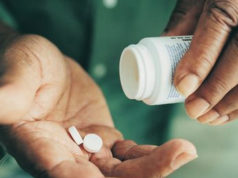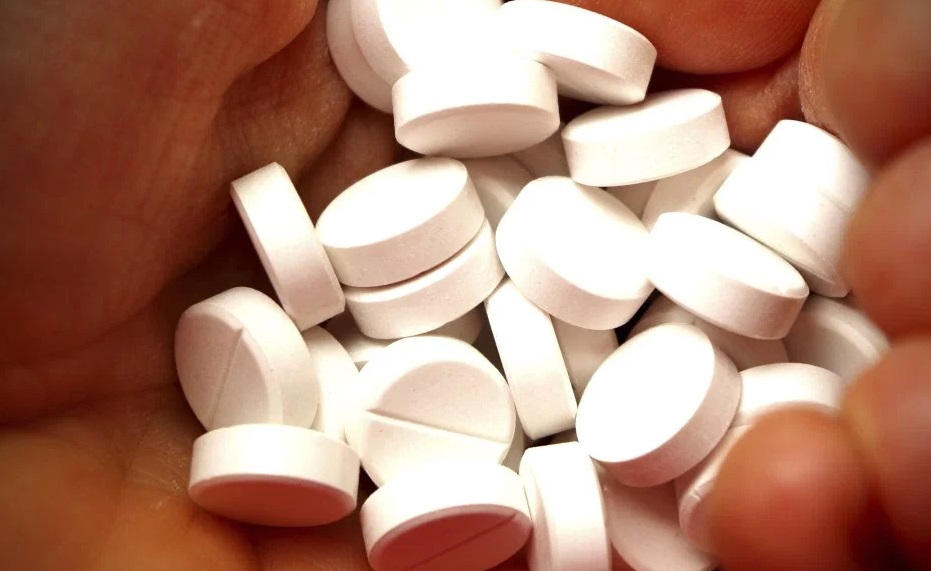Himachal Accounts for Over 40% of Substandard Medicines Nationwide
A concerning report has revealed that 90 medicines in India failed to meet quality standards, with 38 originating from Himachal Pradesh. Based on samples collected by the State Drug Controller and Central Drug Control Organization, the findings have prompted authorities to initiate strict action against the manufacturers.
State Drug Controller Manish Kapoor said that notices have been issued to the pharmaceutical companies involved, initiating the process of license cancellation. Simultaneously, all stocks of the substandard medicines have been recalled to ensure they do not reach consumers.
October Findings: Himachal’s Substandard Medicines
In October, 34 drug samples were tested nationwide, with 14 medicines manufactured in Himachal failing quality checks. These include:
- Tonsil medicine Sepkem (Doxin Company, Jhadmajri)
- Bacterial infection drug Cefoprox (Chiros Pharma, Solan)
- Epilepsy medicine Divalproex (Tas Med Company, Bhatoli Kalan)
- Dizziness treatment Beta Histine (CMG Biotech, Kangra)
- Fever drug Biocetamol (Sky Map Pharmaceutical, Baddi)
Other defective products include asthma medicines, blood pressure drugs, and injections for vomiting, raising significant concerns over quality control.
Central Drug Control’s Audit Findings
The Central Drug Control Organization tested 56 samples, with 24 Himachal-manufactured medicines failing. These included critical drugs such as:
- Cancer medicine Liposomal (United Biotech, Baghwaniyan)
- Anemia treatment Iron Sucrose (Martin & Brown, Baddi)
- Fungal infection drug Natomycin (Primus Pharmaceutical, Kala Amb)
- Cholesterol medicine Rosuvistorin (Vidyashala Company, Kala Amb)
- Pneumonia treatment Amoxicillin (Health Biotech, Baddi)
Himachal Pradesh, a leading pharmaceutical hub, contributes significantly to the country’s drug supply. However, repeated instances of substandard medicines from the state have raised concerns about the industry’s quality assurance practices.
The administration has intensified its scrutiny, ensuring stricter regulatory compliance. The pharmaceutical companies involved now face the possibility of license revocation, alongside other penalties.
These developments highlight the urgent need for improved quality control mechanisms in the pharmaceutical sector to safeguard public health.







